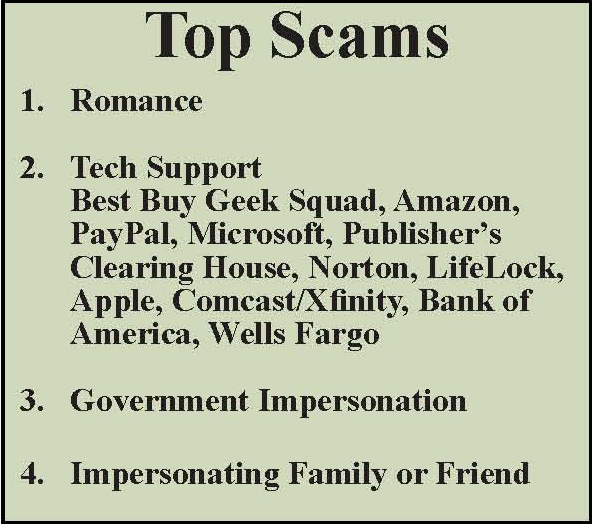Bad actors do not sleep. The scammers won’t hesitate to reach out to you unexpectedly. They use Artificial Intelligence (AI) to better impersonate loved ones. They use tactics like immediate action demands, unusual payment methods (gift cards, bitcoin, wire transfer), and requests for extensive personal information. If an offer seems too good to be true, it most likely is a scam.
We’ve recently discovered a scam involving DocuSign, where cybercriminals are crafting fake emails that resemble genuine document signing requests. These emails are designed to trick you into clicking on malicious links or sharing sensitive data. This scam could potentially affect anyone using DocuSign. If you receive an email requesting document signing but haven’t been in touch with us, please call us to verify the email’s authenticity. Remember, never click on any links or open attachments from suspicious emails.
Your best defense against cybercrime is vigilance and educating yourself about the warning signs, such as unusual requests, urgent tones, unrequested attachments, and links from unknown/untrusted sources. Always review the sender’s email address before replying to any unsolicited email. Never provide your personal information in response to ANY email before verbally contacting the sender to verify that the email is legitimate.
How can you spot and avoid these and other scams?
- Stop and check it out. Before you do anything else, talk with someone you trust. Anyone who’s rushing you into sending money, buying gift cards, or investing in cryptocurrency is almost certainly a scammer.
- Never click on links or respond to unexpected messages, and never trust caller ID. If you think a story might be legit, contact the company or agency using a phone number or website you know is real.
- Don’t pay anyone who demands that you pay by gift card, cryptocurrency, money transfer, or payment app. Only scammers say there’s only one way to pay.

And what can businesses do? At a minimum, make it easier for customers to reach you to find out what communications are legit. Of course, shifting responsibility onto your customers isn’t the answer, so look to your workforce’s ingenuity to deploy solutions that protect your loyal customers and your good name.
To spot and avoid scams – and learn how to recover money if you paid a scammer – visit ftc.gov/scams. Visit business.ftc.gov to get resources and advice for businesses. Report scams to the FTC at ReportFraud.ftc.gov.




